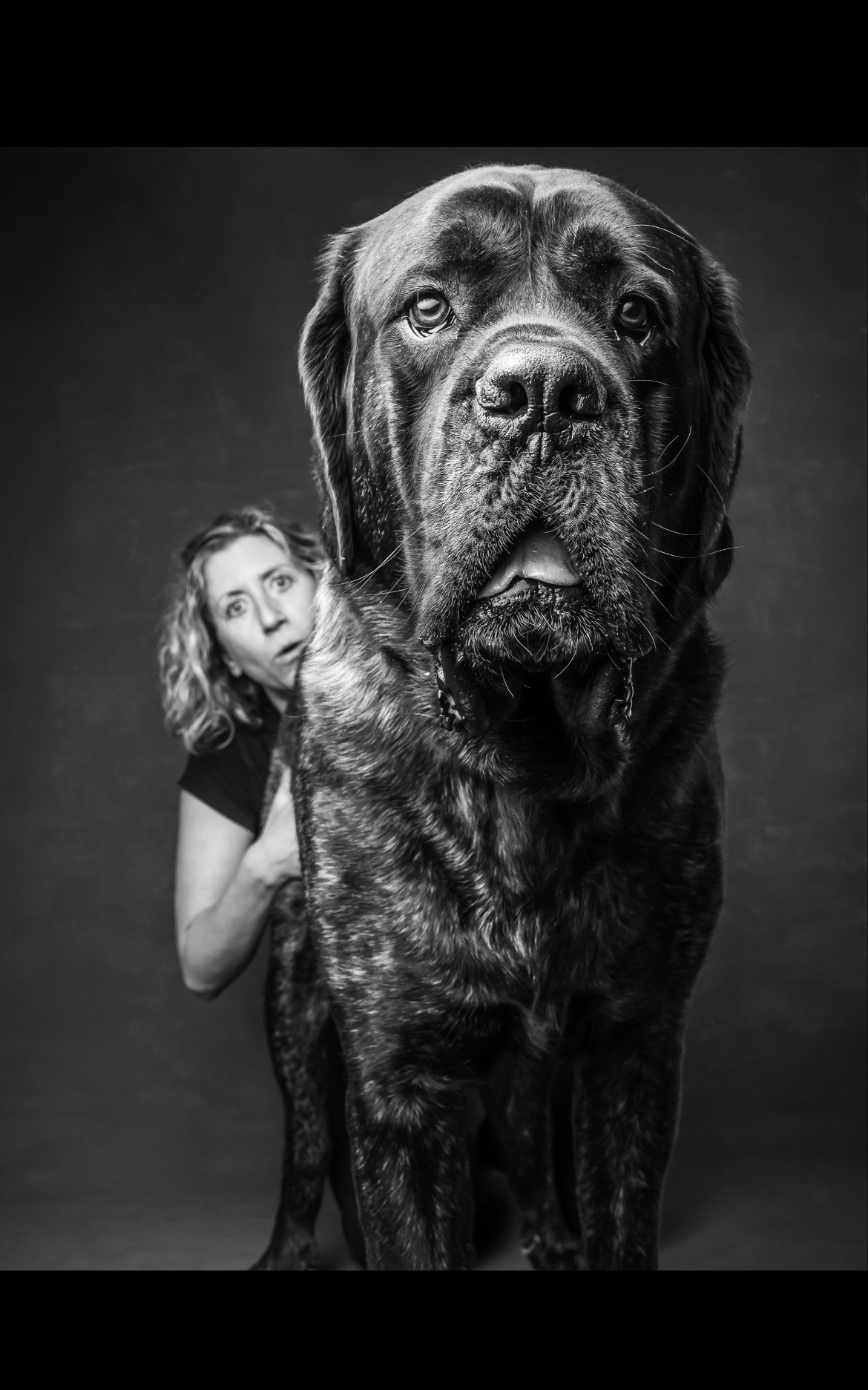About Becky Morrison
In 2013 my husband and I decided to start a family, so we did what heterosexual couples do when they want to have kids. But the universe didn’t unfold as it should. Or at least as we thought it would. We encountered a hurdle. A big one. We were infertile.
We gave it our best shot. We really did. But after a year of trying unsuccessfully to conceive, we were referred to a fertility clinic. We then embarked on four years of infertility treatments, during which time I had multiple miscarriages, an emergency ectopic surgery, and a stroke at 36 brought on by all the stress to my system because of the treatments. I’m not even telling you about the heartbreak, grief and shame we endured because of the stigma surrounding infertility.
In 2018, we turned to egg donation and IVF. After four IVF rounds I became pregnant. On July 4, 2019, I gave birth to our son Lincoln. As you can imagine it was an insanely joyful moment. But there was another hitch: I almost died during childbirth.
The doctors told me never to try again.
But my husband and I wanted another child, so we decided to adopt. Our son, Hani, was born in India on January 6, 2021. A year-and-a-half later, we flew to India to meet him and bring him home to Calgary, Alberta, where we live.
Before all this happened, my understanding of the toll stigma and shame can take on the human psyche was mostly professional. I’m a nurse practitioner who specializes in treating kids and adults with addiction and mental health issues. Virtually all of my patients wrestle with shame because of the stigma associated with their problems. And yet, despite all my professional experience and expertise, it wasn’t until I experienced the stigma surrounding infertility, and the shame it provokes, that the issue became personal for me. It was only then that I truly understood how damaging both could be to one’s identity, soul and sense of belonging.
I learned a lot during my struggles. I learned that even though infertility is a medical condition, like, say, high blood pressure, our culture views the subject as taboo. As a result, infertility is shrouded in silence and riddled with misinformation and judgment. Not only were my husband and I made to feel ashamed for failing to produce a child in the “normal” way, as if the inability to have a baby is a personal weakness or failure, we internalized the message that in “failing” to do so, we were lesser than. Not surprisingly, we quickly learned not to talk about what we were going through lest we be judged, receive unsolicited advice, or cause others discomfort.
Feeling diminished simply because we created our family in an atypical way was hard enough on us. How, I wondered, would our kids fare when they were older if they were made to feel flawed simply because their origin story was unconventional, or their family looked a little different than some others do.
Experience has taught me that the best way to deal with hard-to-discuss topics is to expose them to the light of day and discuss them honestly and matter-of-factly. So that’s what I decided to do. My mission is to reduce the stigma and shame surrounding thorny topics related to family, identity and mental health issues by reframing the conversation around them. I chose to start by writing children’s books, partly because making up stories for kids has long been a passion of mine, but also because I want to tackle these complicated topics early, before stigma and shame have a chance to take root. As far as I’m concerned, it’s never too early to send the message that you are loved and valued whatever your story.


